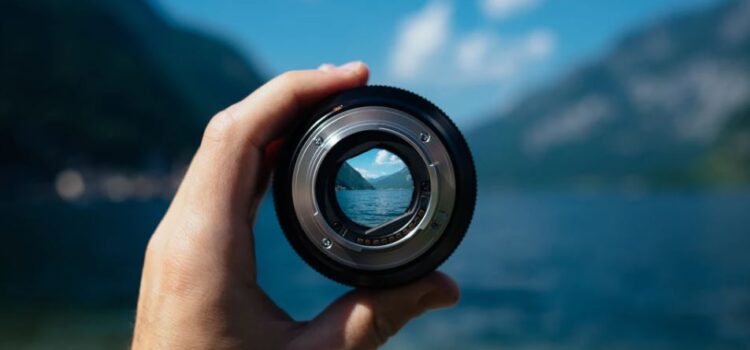

This article is an excerpt from the Shortform book guide to "Flow" by Mihaly Csikszentmihalyi. Shortform has the world's best summaries and analyses of books you should be reading.
Like this article? Sign up for a free trial here .
What does directing attention have to do with achieving your goals? What three factors affect how you focus your attention?
Your attention is the process your consciousness uses to take in and evaluate information. Achieving your goals requires directing attention towards your goals without losing focus. However, there are three main factors that affect your ability to maintain focus.
Continue below to learn why attention is crucial to achieving your goals.
How Does Attention Work?
Consciousness means having an awareness of many experiences and ordering them. This order can come from intention: what you want.
For example, if you’re hungry, you may feel agitated or your stomach may growl, directing attention towards food. Thinking about food may start to order your consciousness until you satisfy your hunger. However, someone could perceive their hunger and decide not to act on it. They might be dieting, trying to save money, or participating in a political protest. In this way, our intentions are prioritized and organized as goals. Most people’s intentions are basic, like trying to live a healthy life. But people whose intentions break from the social norms of their times, such as artists or poets, show it’s possible to have intentions that differ from those we’re conditioned to seek.
Directing Your Attention
Achieving your goals requires directing your attention. Your attention is the process your consciousness uses to take in and evaluate information. Here’s how it works:
- Something comes to your attention. For example, if you’re driving, you don’t need to think about the movements of each car around you, as long as they behave the way you’d expect. But if a car in front of you is swerving slightly out of its lane, it comes to your attention.
- You identify what’s happening. You compare what’s happening against your other memories of similar events. In the car example, your consciousness is trying to determine if you’re seeing a distracted driver, a drunk driver, an inexperienced driver, or something else based on previous experience.
- You decide what to do. Once you’ve identified what’s happening, you decide how to act. For example, if you think the driver may be drunk, you may pull over and call 911.
This complex sequence of events happens in seconds or less, repeatedly, every day. You can also think of attention as an investment of energy, or psychic energy. Doing work requires energy, and you need to replenish it regularly to do work consistently.
Because our thoughts, feelings, and memories are shaped by how we direct our attention, it’s the most important tool we have to order our consciousness and improve our quality of life. Successful people cultivate the ability to focus their attention on exactly what they want to focus on so they can achieve their goals. This means not getting distracted and focusing on the goal for as long as it takes to achieve it.
Factors That Shape Attention
A variety of factors affect how people choose to focus their attention:
- Personality traits. Labels such as “high-achiever” or “introvert” refer to how people direct their attention. For example, if a high-achiever and an introvert go to a party, the high-achiever might spend the evening networking with potential business partners while the introvert might chat with just one party-goer they connect well with.
- Culture and occupation. For example, Eskimos can differentiate between different types of snow and a clinical diagnostician can spot symptoms that the average person wouldn’t recognize.
- Sense of self. Your self both directs your attention and is shaped by your attention. The self is composed of your consciousness—the experiences, thoughts, feelings, actions, and goals you’ve developed for yourself over your lifetime. Many people focus their attention based on accidental experiences. For example, Sam Browning was an average 15-year-old who had vague ideas about going to college, living in the suburbs, and getting married. Then, his father took him on a trip to Bermuda and he swam on a coral reef. Browning was fascinated by what he saw and decided to focus his attention on becoming a marine biologist. This unexpected event imposed itself on Sam’s consciousness: Prior to the experience, he wasn’t focusing his attention toward marine biology, but the experience persuaded him to reorder his attention and create new goals to bring himself similar experiences in the future. Why? He liked the experience, perhaps because it resonated with his previous experiences with beauty or nature.

———End of Preview———
Like what you just read? Read the rest of the world's best book summary and analysis of Mihaly Csikszentmihalyi's "Flow" at Shortform .
Here's what you'll find in our full Flow summary :
- Why people feel the happiest when they're in the "flow state"
- What activities and personality traits promote flow
- Why you may have a paradoxical relationship with work and leisure






